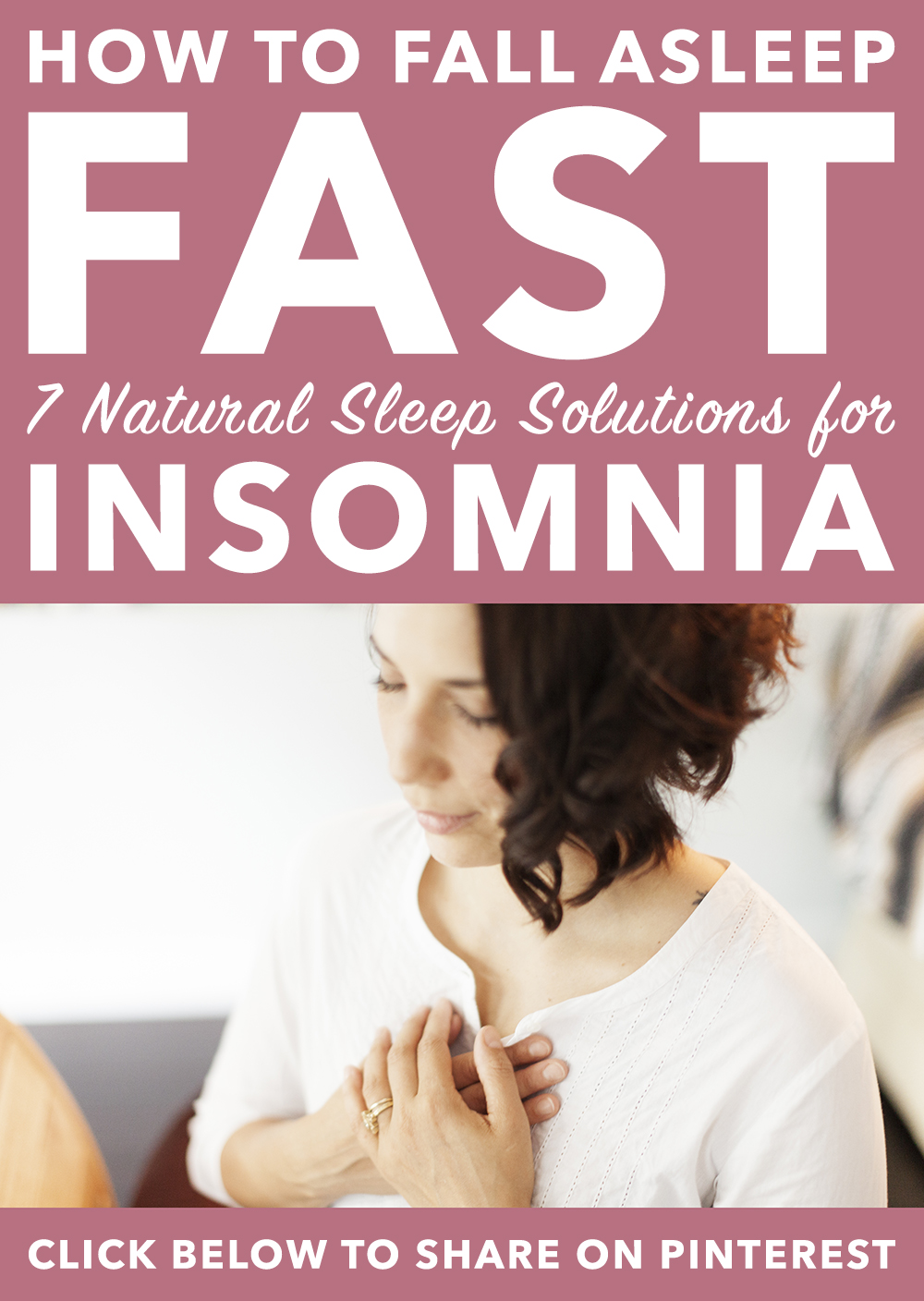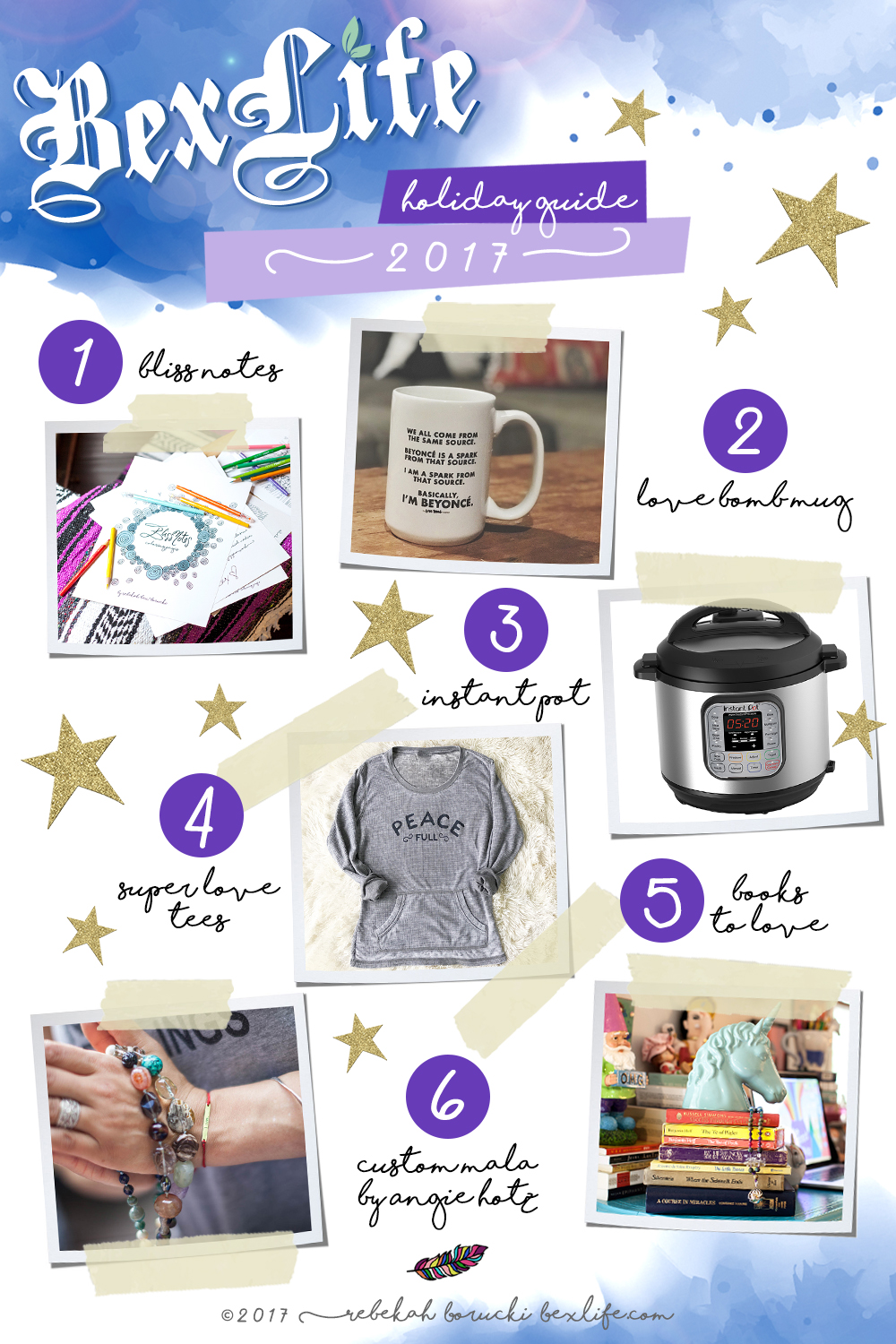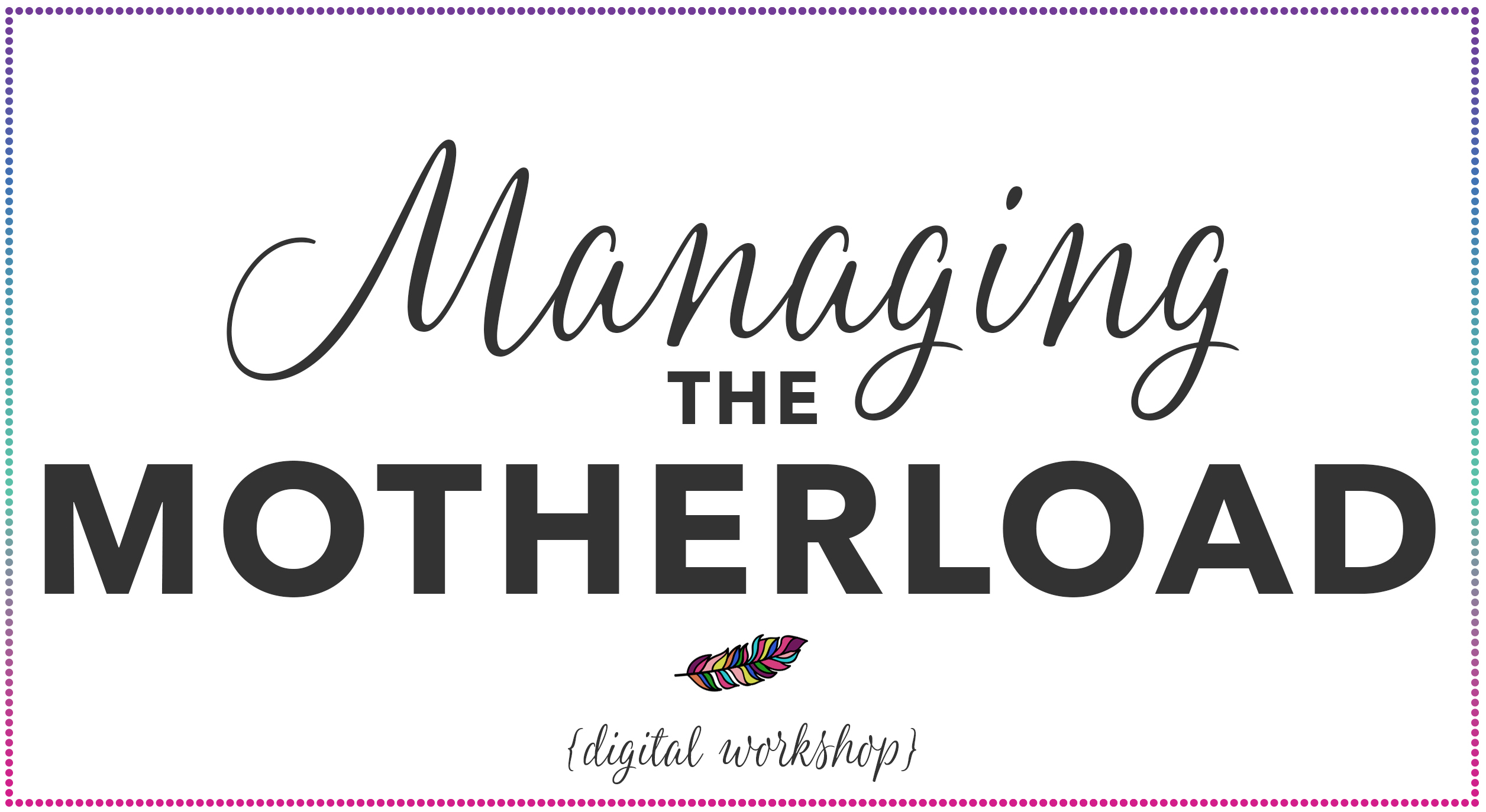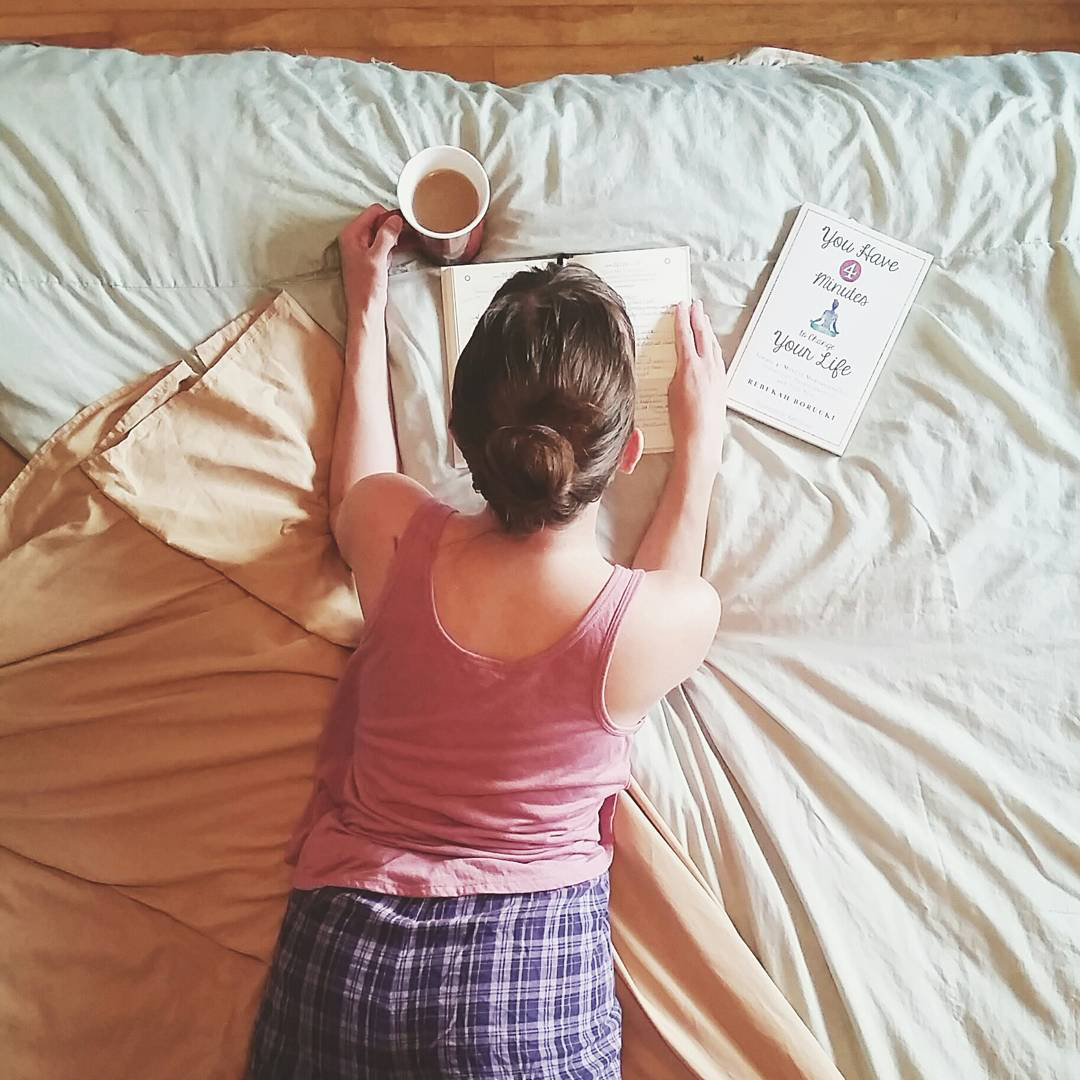
Last year was a lot for me. “A lot” included both “good” and “bad” events. I launched my first book, took my business to a whole new level, dealt with illness and family drama (but who doesn’t have a little of that?), and was blindsided by an unexpected resurfacing of some old “stuff” — grief, disappointment, and regret — from the past. 2017 was a toughie. And from listening to my community, I know that 2017 might have been a tough run for you, too.

Good or bad, I can tell you that all these things — even the good things — took a huge toll on my sleep. All this exhaustion was easy for me to see when I looked at myself in the mirror or took a minute to think about how I felt. I started noticing I had dark circles and puffy bags under my eyes, I was looking older than I feel (and sometimes feeling older than I am!), I gained weight that I’d rather not carry, and I felt a constant fatigue during the day.
It wasn’t pretty and it wasn’t good for me either.
We hear a lot about how important sleep is, but it’s always the first thing we’re willing to sacrifice when we get too busy for everything else. Throw in emotional upheavals and we’re all exhausted. I know I am.
Getting enough sleep helps to lower our blood pressure and keeps our immune system strong enough to fight off bugs. It can help you to keep your memory up and your weight down. It improves your mood and oh, PS, if you suffer from anxiety like me, it can help reduce your stress too.
That means that if you’re constantly missing out on restorative sleep, you’re more likely to gain weight, feel mentally scattered, get sick, and act like you’re on your last damn nerve all the time.
Not fun, right?
Here’s the big problem though – stressing out about getting enough sleep can be enough to keep you from being able to get that sleep in the first place. So here are some of my favorite tips for getting to sleep – fast, easy, and naturally!
1. Set yourself up for sleep success with a sleep-friendly environment. What does that mean? It means keeping your bedroom temperature cool so you can get the rest you need, shutting off all your electronics (that means your phone AND your television AND your laptop, sorry Netflix!) at least an hour before you turn in, and making your room as dark as you can with blinds or curtains.
Also, kick out anything that buzzes or beeps or lights up. Yes, that means keep your phone out of your bedroom – invest in an old-school alarm clock if you need to get up at a specific time! (But turn it away so the time isn’t taunting you all night long.)
2. Come up with a bedtime routine that works for you. Think about things that might bring about ease and relaxation; here are some ideas. Set a reasonable bedtime that you can stick with regularly so that your body knows you’re expecting to sleep soon. Have a warm bath. Write in a journal that you keep handy on your nightstand so you can unload all the day’s stressors before your head hits the pillow. Read a book or listen to music (books that are a little dull work wonders!). Do some nice easy stretching or yoga right in bed (here’s a video of my routine). Or try a sleep-specific meditation when you’re ready to hit the hay. Here’s my latest meditation for sleep:
3. Watch what you eat and drink close to bedtime. If you eat a late dinner or feel the need for a snack, make sure you’re done at least one to two hours before your bedtime. All the work that goes into digesting your food can take away from your body’s ability to rest and repair while you’re sleeping. This goes for alcohol too – drink it too close to bedtime and you’ll be sorry. By the way, I know that the “night cap” you enjoy before bed feels like it’s relaxing you (and it might), but the truth is that too much alcohol actually disrupts your sleep.
For more tips on eating mindfully to support proper digestion and keep the belly-aches at bay, watch this video I made with my good friend and nutritional guru, Michael Perrine:
4. Keep an eye on high octane stimulants – and stick to the a.m.! I’m a huge advocate for going caffeine-free but if you feel like caffeine works for you, that’s fine. Just make sure you stick to one or two cups of coffee or full-voltage tea in the morning. If you have more than that or bring them into the afternoon, you’re just asking for trouble at bedtime when your body can’t shut off and get the sleep you need. Alternatively, you could try some decaf herbal teas when you’re winding down at night. Both passionflower and chamomile teas are popular and can promote a good night’s sleep, but anything that doesn’t contain sugar or caffeine is great if it relaxes you. I gave shout outs to my favorite tea brands in my 2017 Holiday Gift Guide. Check it out here.
5. Give melatonin a try. Melatonin is a little different than your average sleep aid on the pharmacy shelves. Melatonin is produced naturally by your brain to bring about a regular sleep cycle – your natural melatonin levels are generally higher at night. These tablets simply mimic that to tell your brain it’s time for sleep. Unlike sleeping pills, melatonin won’t “knock you out” and it won’t give you that fuzzy hangover feeling the next morning. The best thing about it is that it’s not habit-forming because it doesn’t cause any sort of dependency.
That said, you should really only take it on a short-term basis. Talk to your doctor or pharmacist to see if it’s right for you, but it’s really helpful for occasional insomnia, jet lag, and helping to reset your sleep cycle if it’s completely out of whack.
6. Go all natural with essential oils. Aromatherapy can help with a lot of nuisances in your life and sleep issues are no exception. There are many ways you can use them. You can place them in a diffuser to release their scent into your living room or bedroom or you can add them to your bath water if hopping in the tub is part of your bedroom routine (see tip #2!). Some oils can even be dabbed directly on your skin (check the instructions to be sure it’s safe) or you can sprinkle it on your pillow for sweet dreams.
I love lavender in particular, especially right on the pillow, but you can also give ylang ylang, bergamot, or sandalwood a try. I included my favorite aromatherapy room sprays in my holiday gift guide here.
7. Plug in to some binaural beats. You’ve probably heard of Beats by Dre but binaural beats may be a totally foreign concept to you. These sound waves can help your brain reach a state that is very similar to meditation quickly and easily. There are a variety of different wave levels that you can listen to in order to achieve a specific goal (focus, clarity, stress relief) but the right binaural beats can encourage your brain to relax into a sleep-ready state. The Brainwaves app (download from your preferred app store) is free and it’s a great way to give this a try. With this app, you can combine the beats with sounds of nature already loaded into the app or upload a playlist of your favorite soothing songs.
Even though I’ve encouraged you to remove your phone from your bedside table, you can listen to it before moving it to another room. If you find it extra helpful for drifting off and would rather keep the phone with you, at least make sure you set your phone to airplane mode so you won’t undo your progress by waking up at 3 am to a Facebook notification. I talk about binaural beats and share a couple more sleep tips in this video:
All of these methods have really been helping me to get a handle on my sleep again and regain control of my nights. Every day I’m finding myself feeling a little more rested. The best thing is that even if something out of my control knocks my sleep schedule off-center, it’s so easy to get back on track by going through this list.
And if stress is still keeping you up at night to the point that all the essential oils and teas and journal sessions in the world don’t help, then you can work on releasing that stress by giving my Managing The Motherload system a try.
Managing The Motherload is an effective but simple tool that helps you to let go of worry and create more space for everything in your life. This digital download will give you a 25-minute video on my system that answers the “how do you get everything done?” question, the audio session that you can listen to anywhere, a transcript, a printable workbook, a meditation, and email support. Get it here!
If you give these tips a try I’m sure that you’ll be sleeping easier, faster, and better soon. Then you can finally start reaping the rewards that come with a great night’s sleep.


Rebekah “Bex” Borucki, founder of BexLife.com and the Blissed In® wellness movement, is a mother-of-five, TV host, meditation guide, author, speaker, birth doula, fitness and yoga instructor, and popular social media personality. Her first book, You Have 4 Minutes to Change Your Life (Hay House 2017), is available now, wherever books are sold.
DISCLAIMER: This post/video is designed for educational and/or informational purposes only and should not be used in any other manner. This information is not intended to substitute informed medical advice. You should not use this information to diagnose or treat a health problem or disease without consulting with a qualified healthcare provider. A consultation with your healthcare professional is the proper method to address your health concerns. You are encouraged to consult your healthcare provider with any questions or concerns you may have regarding your condition.





